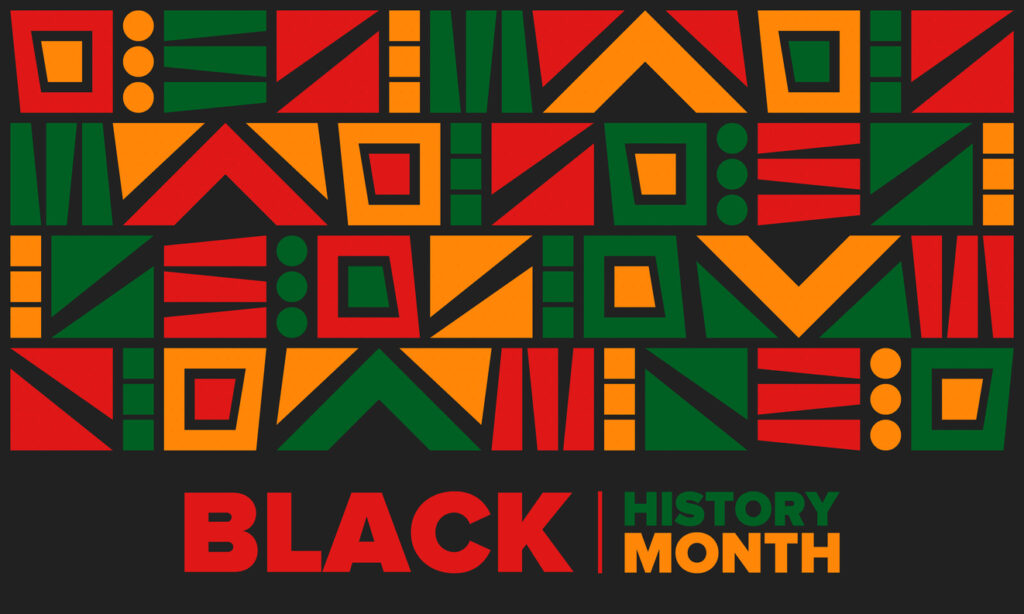2021 was a year of conversations. Over the last year, I’ve probably spent more time talking about topics such as race and mental health than I have in my entire life. Looking back, these conversations have allowed me to explore my identity and I now have a better understanding of who I am and how others may see me.
These are not just conversations I’ve had with family and friends. Of equal importance have been conversations in the workplace. From an employer’s perspective, this is crucial because it raises questions that HR teams must take time to consider. I am not alone in my determination to bring my whole self to work.
But the question HR professionals need to answer is whether this level of employee empowerment that has become so prevalent over the past 18 months will endure? Have we entered a new era of corporate responsiveness to social issues and how can these conversations be managed so that they are both honest and safe?
Although I learnt a lot about myself this year, what stood out to me the most was that in the face of adversity, people tended to find positivity, rallying together for their communities, whether these were neighbours on the street or colleagues in a team.
Wellbeing and monitoring during change
HR teams have clearly played an important role – but what will matter as individuals increasingly return to collective workspaces will be how the HR profession navigates these challenges. Put simply, we are living in an age where ethical and moral leadership is under the microscope, so HR teams need to consider the actions that will galvanise rather than divide.
Our recent report, ‘Remote Controlled’ explores the future of work, noting that 82 per cent of organisations plan to introduce digital tools to measure wellbeing. At face value that sounds sensible; but it does raise questions about the spectre of ‘Big Brother’ monitoring employees’ every move.
What has been particularly striking to me over recent months is people’s overwhelming ability to ‘bounce back’ in the face of adversity. Whether from the pandemic or tragedies such as the killing of George Floyd, there is a sense of togetherness. Yet, for HR teams, there are many questions they are still unsure how to answer.
94 per cent have measures in place to control or restrict worker actions.
Corporate reputation is still stifling activism
Activism, for example, is still seen as a significant risk to corporate reputation and our report shows that the majority are taking active steps to mitigate these risk. For example, 94 per cent have measures in place to control or restrict worker actions.
Yet, rather than being restrictive, HR teams need to encourage their organisations to be clear on corporate advocacy. Employers’ role in society – the pressure to do (and say) the ‘right’ thing – is more intense than ever.
Employers are being increasingly drawn into political and social discussions, willingly or otherwise so it’s vital to have a consistent message across all channels, underpinned by transparent internal debate.
Rutger Bregman’s book, ‘Human Kind: A Hopeful History,’ describes the way in which humans have an innate ability to be “good” when faced with challenges. It means, in a working context, HR has a real opportunity to shine. After all, it is HR that can – and should – help shape issues such as industrial relations strategy, monitoring and social media policy.
All this begs a question about how HR teams can foster a culture and environment of calm amongst the current chaos.
Consider creating Employee Affinity Networks to provide safe spaces for like-minded employees.
Course of action
In practical terms, they should consider creating Employee Affinity Networks to provide safe spaces for like-minded employees to create a sense of community. It’s also a great way for employees to learn from each other on topics such as diversity and inclusion.
HR managers should also take the time to understand the events and factors that are affecting their workforce and to understand how external issues affect employees whilst they are at work. HR managers can play a key role in creating the conditions where employees can support each other and feel empowered to bring ‘their whole selves to work’.
It’s not easy, but in an age in which social obligations on businesses are rapidly expanding and workers are ever more vocal on perceived lapses, there has never been more pressure for leaders and HR teams to get these issues right.
Getting it right means taking time to focus on ethics and values. Getting it wrong is not an option.











